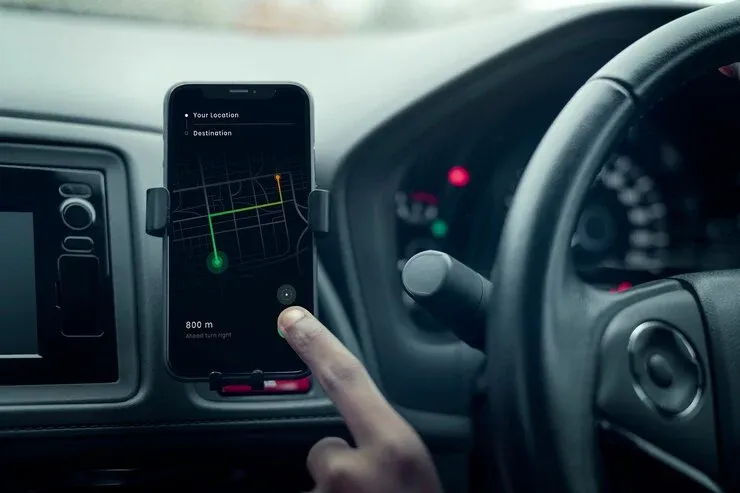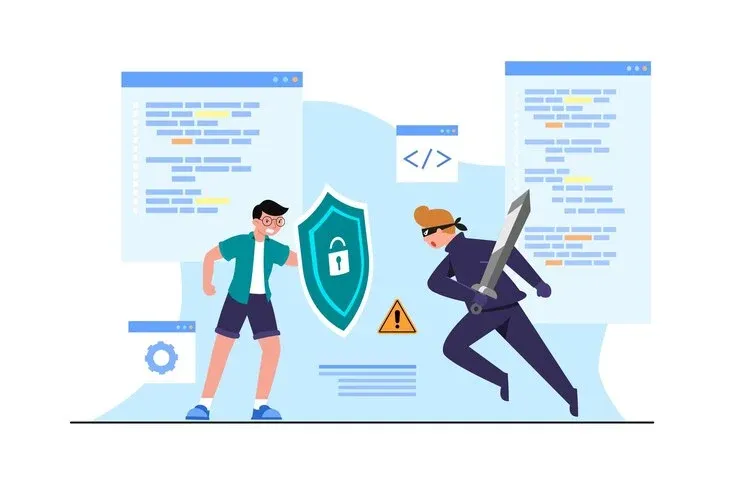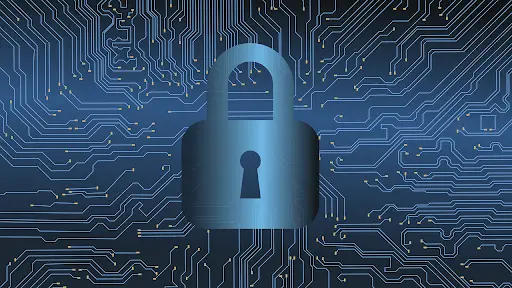Understanding the Importance of Cyber Security in Vehicle Tracking
Vehicle tracking systems offer numerous benefits, but they also introduce significant cybersecurity risks. From data breaches to ransomware attacks, the potential consequences are severe. By prioritizing cybersecurity, we can ensure the safe and reliable operation of vehicle tracking systems.

In the modern world, where almost everything is controlled by technology, the automotive world has not been left out. A vehicle tracking system, which was initially an added feature for automobiles, is now a must-have tool for everyone.
Such systems offer current location information, such as the identification of the shortest routes, better handling of fleets and safety. Nevertheless, like any other deployment of new-age technology in the automotive industry, the adoption of vehicle tracking systems has its own risks, especially when it comes to cybersecurity risk.
There is a great need to protect data in vehicle tracking, control workload, and uphold safety; hence, this article will discuss the importance of cyber security in vehicle tracking.
The Evolution of Vehicle Tracking Systems

The history of car tracking systems has evolved significantly, starting with simple app construction—some of the earliest systems employed only radio signals to keep track of vehicles’ positions.
Today, car tracking systems utilize GPS (Global Positioning System), IoT (Internet of Things), and telematics to track moving objects and transmit accurate and up-to-date information. These systems do not exclusively track the geographical location; they gather and share all sorts of information, such as speed, fuel usage, driver behavior, and even the condition of the engine.
Although this has greatly transformed methods of monitoring fleets and personal cars, it also poses new grounds for susceptibility. The integration of these systems creates room for cyber-attacks, and therefore, cyber security becomes an essential element in the current tracking of vehicles.
Key Cyber Security Challenges in Vehicle Tracking

Vehicle tracking systems present a variety of cyber security issues that call for a sophisticated strategy to handle them properly. Five crucial areas stand out among these:
1. Data Breaches
Many industries use vehicle tracking systems to capture large quantities of highly confidential data. These are the names and contact details of the staff, the location of the vehicles, and any other details concerning operations. Such data may be used to falsely impersonate a person, stalk them, or even engage in corporate espionage.
2. System Hacking
Hackers can take over tracking systems, build control inside vehicles, alter information, or stop operations. For example, hackers might hack GPS signals to provide wrong vehicle locations, which could lead to specific accidents or operation breakdowns.
3. Ransomware Attacks
Other attacks include ransomware that gets into vehicle tracking servers and denies users access unless they have paid a ransom. This can incapacitate fleet operations and thus cause severe financial and reputational losses.
4. IoT Vulnerabilities
Most modern tracking systems can be implemented using IoT devices. Inadequately protected, these devices become vulnerabilities in the system and hence open the doors for activities such as cyber-attacks that affect the entire network.
5. Network Interception
Communication between vehicles and tracking servers is not encrypted, and thus, information can easily be intercepted. It means that an intruder can access and modify data contained in the system, leading to its violation.
The Consequences of Poor Cyber Security

The implications of poor cyber security, especially when it comes to tracking automobiles, are dire. Many companies using fleet management systems can face severe consequences such as interruptions of operation, additional expenses, and even loss of their reputation.
For individuals, compromised tracking systems can result in insecurity, inclusive of stalking, theft of the vehicle or personal harm.
In more general terms, cyber-attacks can erode public confidence in VTS and slow down their deployment of smart mobility applications, leading to the failure to enhance vehicle tracking solutions.
There is also the question of national security, which becomes much more of an issue when such a system integrates with critical infrastructure or public transportation.
Tactics to Increase Cyber Security on Vehicle Tracking
There are certain tactics you can employ to increase cyber security in your vehicle tracking system. Some of them are listed below:
1. Data Encryption
Using encryption on data exchanged between cars and servers makes sure that even if some data is captured, it will be in a form that cannot understood by whoever needs to penetrate into the system. An important safeguard which is most beneficial for the defense of sensitive information is the end-to-end encryption.
2. Regular Software Updates
Ensuring that tracking systems are the latest with all the security patches in place ensures one erases paths that hackers can use. Frequency is important in ensuring that the defense mechanism is always robust.
3. Authentication Protocols
Measures like multi-factor authentication ensure that only allowed users can access the tracking of vehicles.
4. Network Security
The risk of unauthorized access is also reduced by using secure networks with firewalls and Intrusion detection systems (IDS). One way that security can improve is by isolating vehicle tracking systems from other IT assets and investments.
5. IoT Device Security
Security issues in IoT devices can be dealt with by setting robust passwords, deactivating unrequired options, and checking whether or not the IoT devices are updated with the appropriate firmware. Manufacturers should also integrate security measures into the devices they produce.
6. Employee Training
Lack of knowledge in cyber security leads to human errors; therefore, training employees helps to eliminate some of such errors. This means employers should educate their employees regarding phishing scams while urging them to set strong passwords when creating accounts within organizational structures.
Bottomline
There is no way to overestimate the significance of cyber security in vehicle tracking. The hazards connected to vehicle monitoring systems can be successfully controlled by implementing thorough cyber security measures and encouraging stakeholder cooperation. It takes constant creativity and attention to detail to remain ahead of cyber threats in this ever-changing environment. A safer and more secure future for vehicle tracking will be made possible by embracing cutting-edge technologies, abiding by legal requirements, and prioritizing security at all levels.


